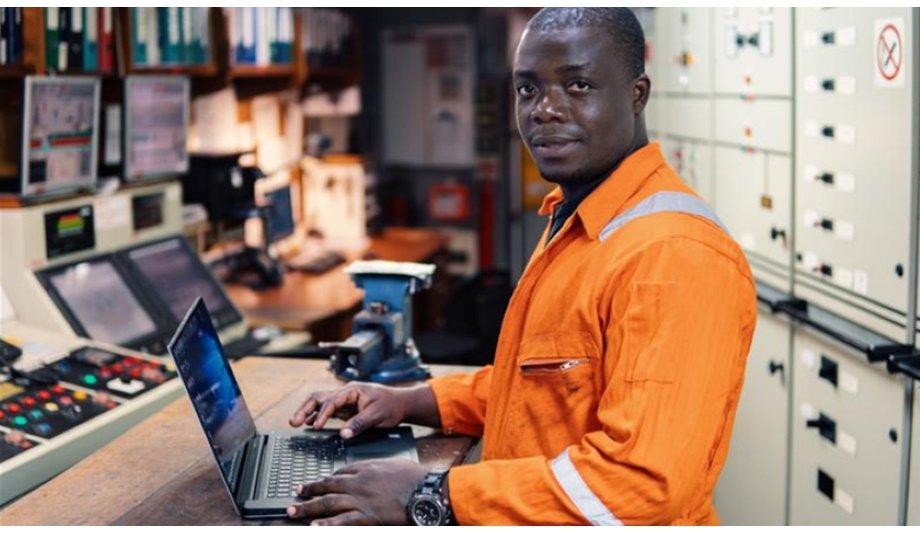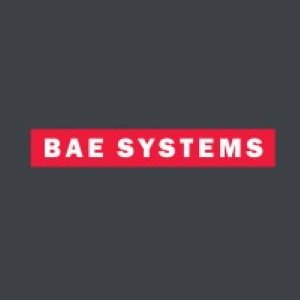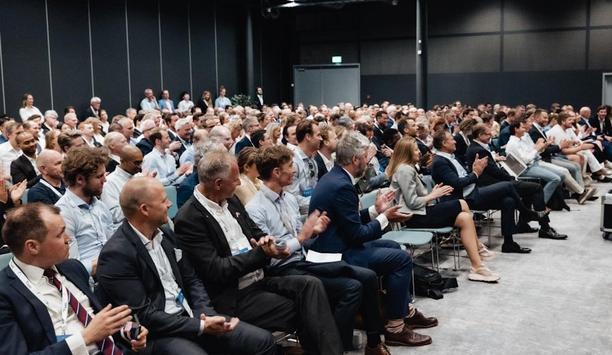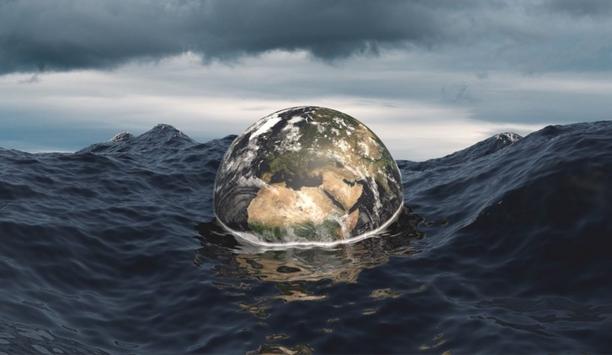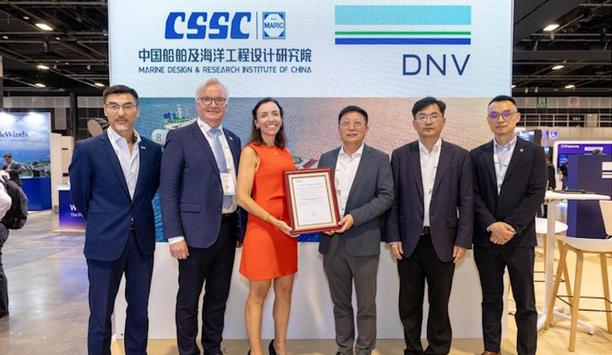Maritime UK partnered with EngineeringUK, as part of The Tomorrow's Engineers Code, to address the maritime sector’s future workforce skills and shared commitment to increase the number and diversity of young people entering engineering careers.
Part of this partnership included Maritime UK, BAE Systems and EngineeringUK taking part in an online conversation, where they talked about the challenges facing the maritime sector and how this is going to impact future workforce skills.
The Tomorrow’s Engineers Code
The Tomorrow’s Engineers Code brings employers together to inspire a diverse engineering workforce
The Tomorrow’s Engineers Code brings employers together to inspire a diverse engineering workforce. The Code is about working together to increase the diversity and number of young people entering engineering careers.
To achieve these goals, signatories make 4 pledges about their approach to funding, designing, delivering, and learning from engineering outreach activities (including STEM programmes dedicated to inspiring young people into engineering).
The 4 pledges are - inspiring connection, driving inclusion, showcasing engineering and improving impact.
Need to increase diversity in the maritime sector
Lorna Wagner, the Programme Manager (Careers and Outreach) at Maritime UK talked about why the maritime sector needs to increase the diversity and number of young people entering engineering careers and how this is going to be achieved.
She said, “The fact is engineers are going to look different in the future (in the maritime sector). You are going to have a more diverse workforce, because we are trying to attract a different skill set. We are looking for people who are creative problem solvers, who are communicators, who are bringing different skills and maybe coming into engineering from different backgrounds.”
Education and outreach programme
Lorna Wagner adds, “The main strand of our education and outreach programme, is the way we communicate with educators, be that primary schools, secondary schools, colleges or universities. We need to help up-skill teachers, tutors, and key influencers in education, about how the work opportunities are changing.”
That is really what the careers and outreach programme is all about and getting employers onboard"
She further stated, “You can imagine someone who has been in education a long time and hasn’t been exposed to that up-to-date labour market information, how they would describe shipbuilding would be very different from how we would like them to describe shipbuilding. That is really what the careers and outreach programme is all about and getting employers onboard and engaged with the programme, and getting their voices heard in schools.”
To cater to the changing workforce needs
Amelia Gould, the Portfolio Director – Maritime at BAE Systems, talked about what the maritime industry needs to do, in order to meet the changing workforce needs. She said, “It is more about big leaps and changes, and new ideas on how we can do things completely different (in the maritime sector) in a carbon neutral way. This definitely needs a much broader spectrum of people looking at it from different disciplines, especially in engineering.”
Amelia Gould adds, “That's what makes it so exciting and such a great sector to work in because anything any young person could be interested in there will be a role.”
